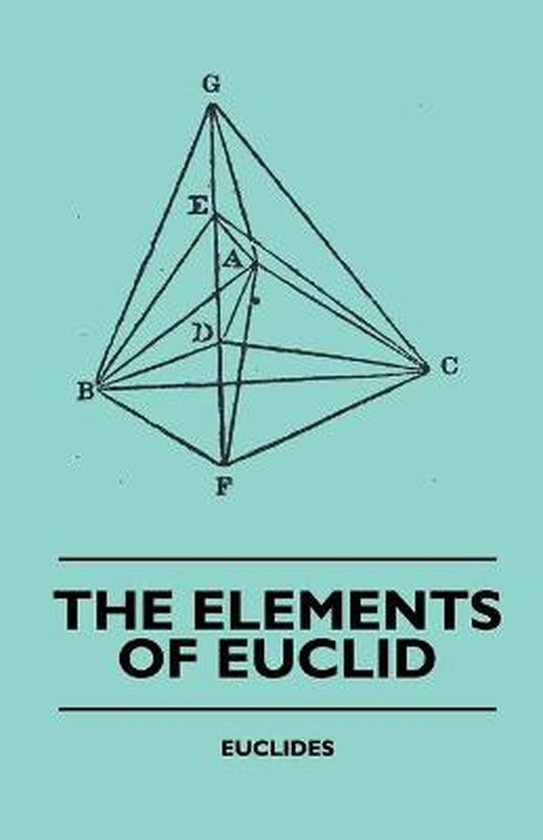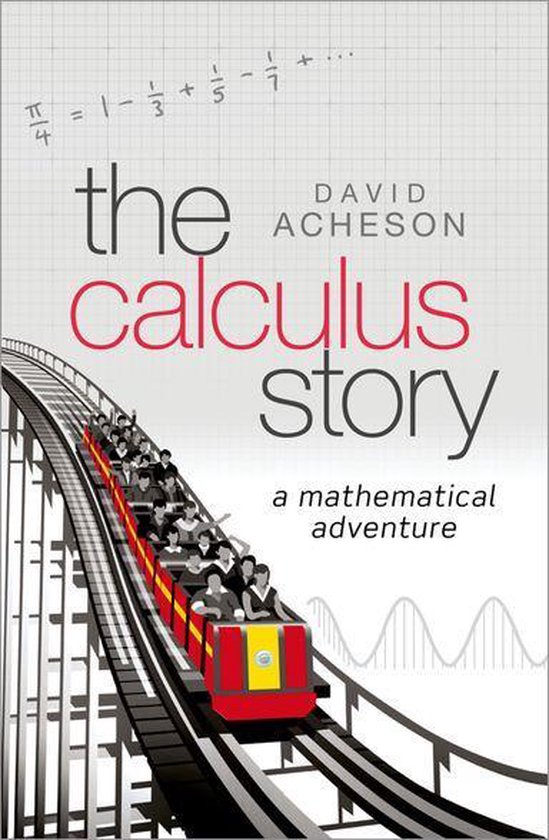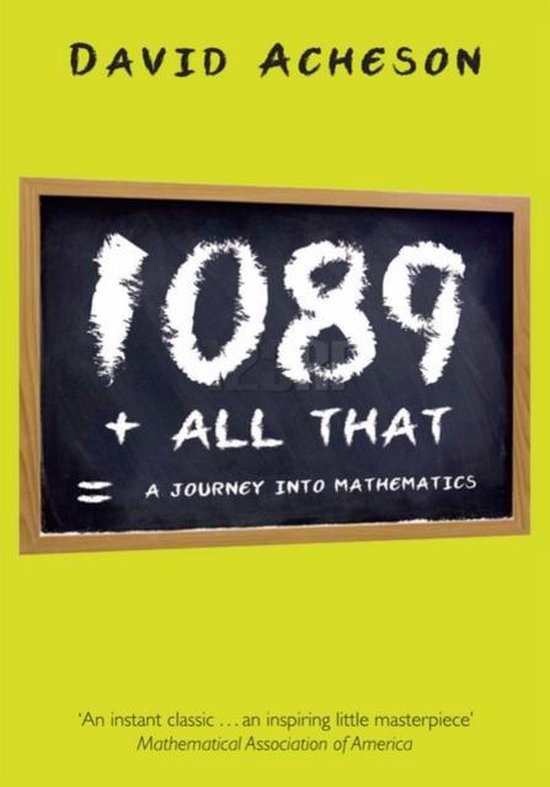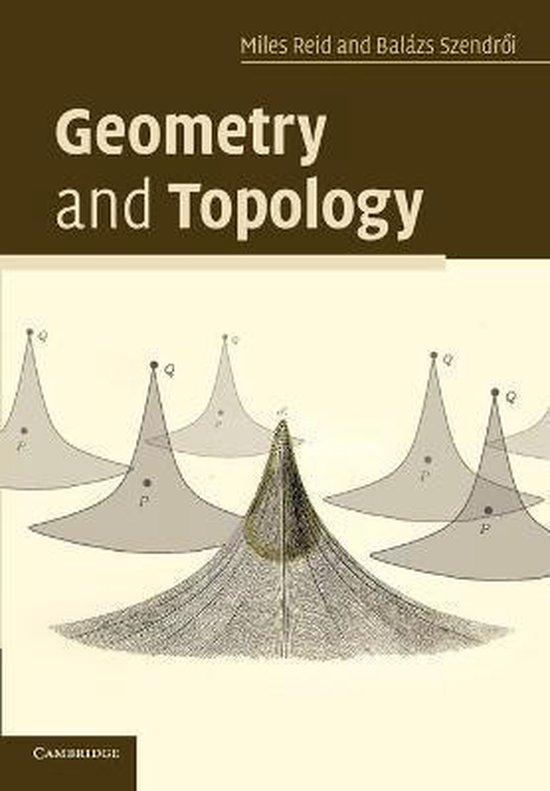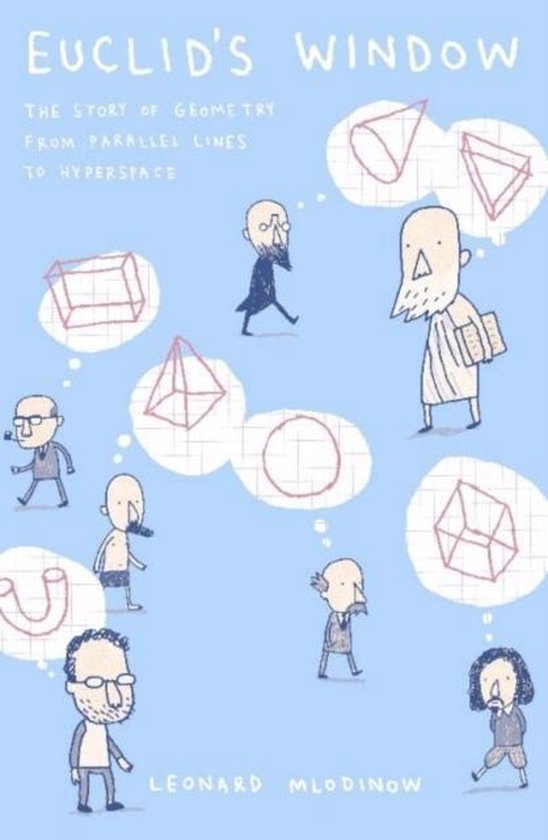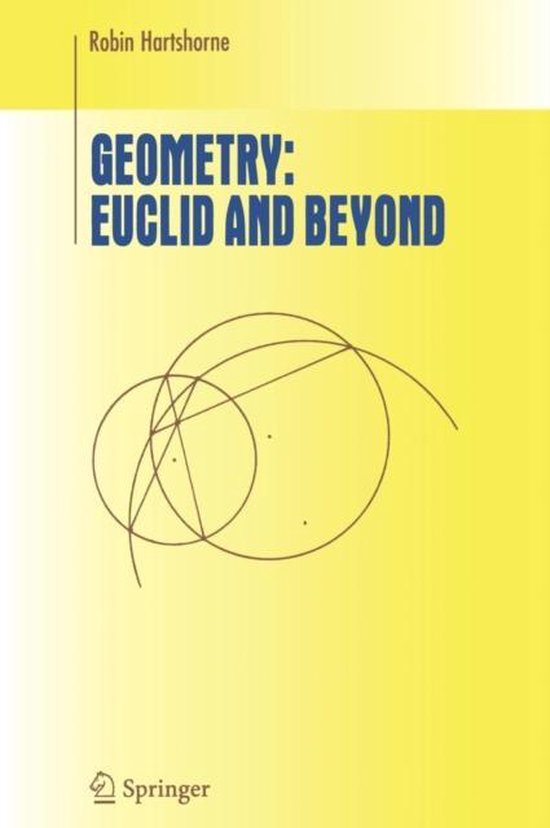
Geometry Euclid and Beyond
In recent years, I have been teaching a junior-senior-level course on the classi cal geometries. Students are expected to read concurrently Books I-IV of Euclid's text, which must be obtained sepa rately. And in the last chapter we provide what is missing from Euclid's treatment of the five Platonic solids in Book XIII of the Elements.
In recent years, I have been teaching a junior-senior-level course on the classi cal geometries. This book has grown out of that teaching experience. I assume only high-school geometry and some abstract algebra. The course begins in Chapter 1 with a critical examination of Euclid's Elements. Students are expected to read concurrently Books I-IV of Euclid's text, which must be obtained sepa rately. The remainder of the book is an exploration of questions that arise natu rally from this reading, together with their modern answers. To shore up the foundations we use Hilbert's axioms. The Cartesian plane over a field provides an analytic model of the theory, and conversely, we see that one can introduce coordinates into an abstract geometry. The theory of area is analyzed by cutting figures into triangles. The algebra of field extensions provides a method for deciding which geometrical constructions are possible. The investigation of the parallel postulate leads to the various non-Euclidean geometries. And in the last chapter we provide what is missing from Euclid's treatment of the five Platonic solids in Book XIII of the Elements. For a one-semester course such as I teach, Chapters 1 and 2 form the core material, which takes six to eight weeks.
In recent years, I have been teaching a junior-senior-level course on the classi cal geometries. This book has grown out of that teaching experience. I assume only high-school geometry and some abstract algebra. The course begins in Chapter 1 with a critical examination of Euclid's Elements. Students are expected to read concurrently Books I-IV of Euclid's text, which must be obtained sepa rately. The remainder of the book is an exploration of questions that arise natu rally from this reading, together with their modern answers. To shore up the foundations we use Hilbert's axioms. The Cartesian plane over a field provides an analytic model of the theory, and conversely, we see that one can introduce coordinates into an abstract geometry. The theory of area is analyzed by cutting figures into triangles. The algebra of field extensions provides a method for deciding which geometrical constructions are possible. The investigation of the parallel postulate leads to the various non-Euclidean geometries. And in the last chapter we provide what is missing from Euclid's treatment of the five Platonic solids in Book XIII of the Elements. For a one-semester course such as I teach, Chapters 1 and 2 form the core material, which takes six to eight weeks.
| Auteur | | Robin Hartshorne |
| Taal | | Engels |
| Type | | Hardcover |
| Categorie | | Wetenschap & Natuur |
